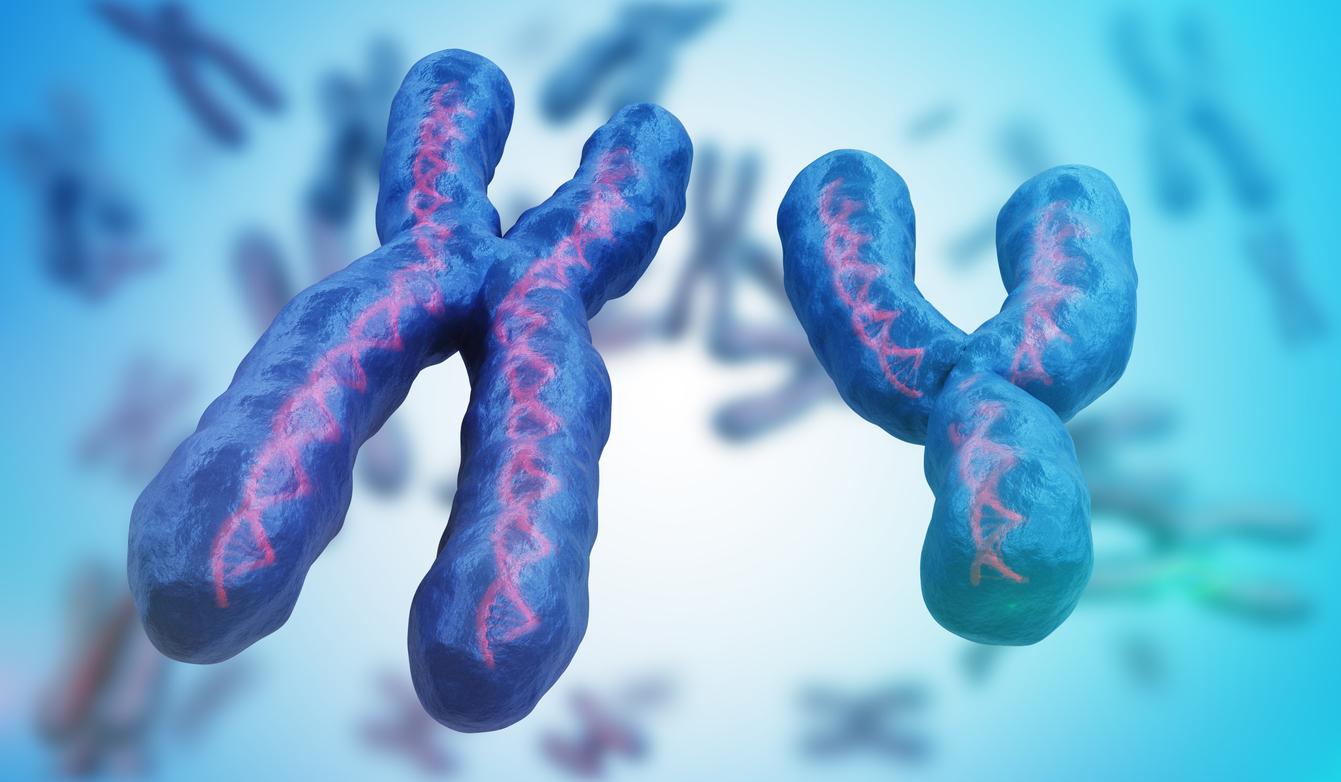A study shows that taking dietary supplements based on omega-3 and omega-6 can reduce the symptoms of autism spectrum disorders in premature newborns.

One in 100 children has autism in developed countries, compared to 5 in 10,000 children before the 2000s.
For the researchers, its cause would be an early disorder in the development of the brain, especially at the time of the formation of neural networks and connections between nerve cells. But several factors could explain the existence of this neurological disorder in some children.
American researchers have studied the impact of supplementation with omega-3 fatty acids which would reduce the risk of developing this disorder. From Nationwide Children’s Hospital in the United States, these scientists have proven that fatty acid supplements can reduce the symptoms of autism spectrum disorder (ASD) in premature babies.
A comparative and prospective study
31 children born prematurely participated in thestudy. For three months, half of them received food supplements rich in fatty acids, thanks to a combination of omega-3 and omega-6. The other half of the newborns received placebos.
At the end of the trial, the group of children who were given the dietary supplements had a reduction in symptoms of autism spectrum disorder.
The role of omega-3 and omega-6
Omega-3 is alpha-linoleic acid (ALA). It is an essential nutrient for the proper functioning of the body because the latter is unable to manufacture it.
Apart from their favorable effect on the cardiovascular system, omega-3s also play a role in the development of the nervous system and the brain. They would reduce inflammatory processes and participate in the protection of the immune system.
According to current nutritional recommendations, for people prone to coronary heart disease, it is recommended to consume 800 to 1000 mg of omega-3 per day, while for people without apparent risk 500 mg would be sufficient.
A result related to the fight against inflammation
For scientists, this result is explained by the role of fatty acids in reducing inflammation. If autism spectrum disorders are linked to neurological inflammation, as is often admitted, and if certain dietary supplements can work on these inflammations, then autism spectrum disorders could be reduced thanks to them. .
The researchers remain cautious, it is necessary to carry out a study on a larger scale. “We found significant clinical improvements in symptoms of autism spectrum disorders in the group that received the treatment,” says Sarah Keim, lead author of this study. “However, we need to do a study on a larger group to better understand these potential effects on a larger group of children. “.
In France, 640,000 people are affected by autism, including 160,000 children.


.

















